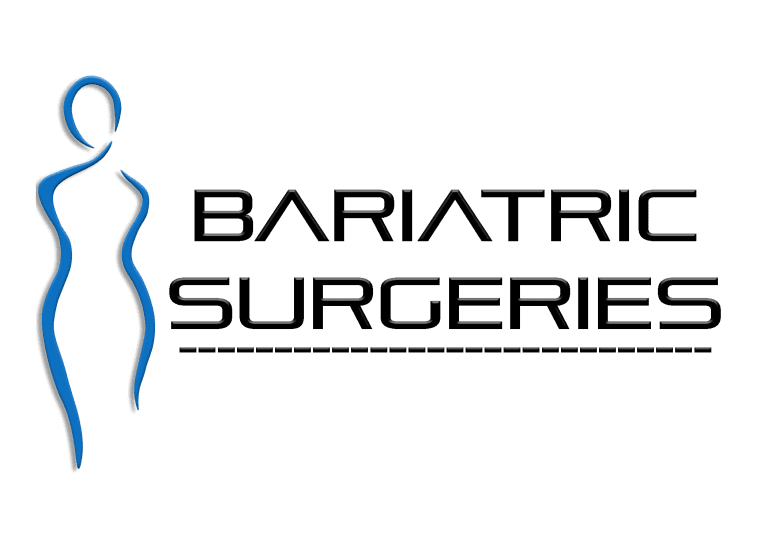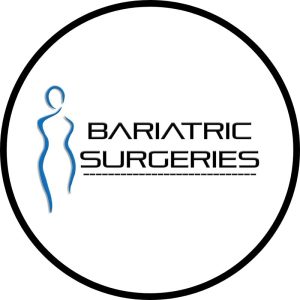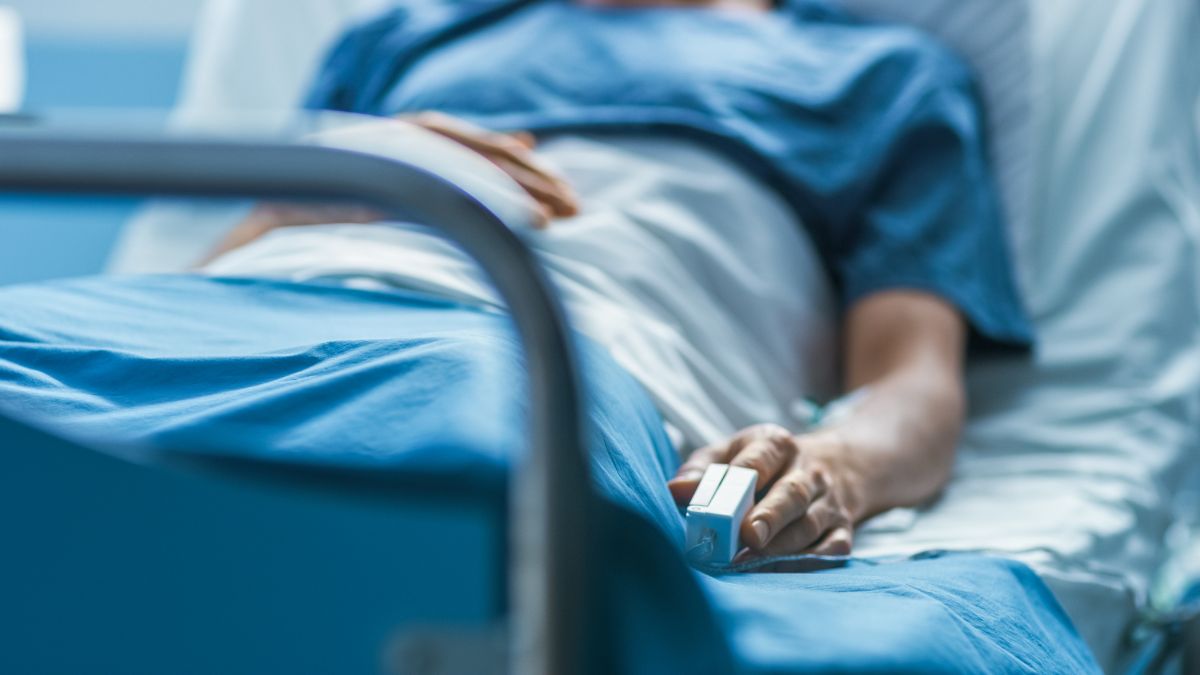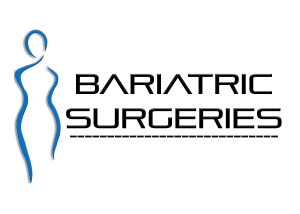Hiccups—we all get them and we all hate them. Luckily, as we get older, they become a rarer occurrence. However, if you get bariatric surgery in Mexico, they might come back with a vengeance. At least for a little while.
What exactly are hiccups? Why do people get hiccups after bariatric surgery? And what can you do to stop them? Let’s dig into this topic to prepare you for your recovery from gastric sleeve in Mexico.
What Are Hiccups?
Hiccups are a spasm of the diaphragm. The diaphragm is a muscle that separates your chest cavity from your abdominal cavity and lets you breathe by contracting up into your ribcage when it needs more oxygen, or relaxing down so air can flow back out again.
The hiccup reflex originates in the brain stem, which is what connects the spinal cord to your skull. It travels through a collection of cells called an “autonomic ganglion” before arriving at the diaphragm. When this nerve misfires—which it does in response to food passing into the stomach and also just random signals from nerves that aren’t connected with digestion—the diaphragm will contract involuntarily, causing us to hiccup.
What Are Common Hiccup Triggers?
There are all sorts of potential triggers for hiccups, but the most common one is a sudden change in temperature. That’s why you might get them when you go from a cold room into the hot sun or when you drink something really icy cold on a hot day.
Another common trigger is eating too fast. When we eat quickly, our stomachs don’t have time to signal our brains that we’re full and send the diaphragm muscles a “stop” message. So they keep contracting and pushing air out until we finally swallow and break the spell.
Are Hiccups Common After Bariatric Surgery?
For most people, hiccups after bariatric surgery are common up until your body adjusts to its altered stomach. However, if you’ve already had a lot of trouble with them before your surgery or have a history of chronic hiccups—defined as having more than one episode per month for six months in a row—you might want to be on the lookout for them post-op.
What Causes Hiccups After Gastric Sleeve Surgery?
There are two main culprits for post-op hiccups after gastric sleeve surgery: swallowing air during eating or drinking and dehydration due to vomiting. Other factors can also contribute, such as anesthesia and pain medications, but these are lesser causes of hiccups after gastric sleeve in Mexico.
What Causes Hiccups After Gastric Bypass Surgery?
Gastric bypass in Mexico is a more invasive procedure than gastric sleeve, so it’s not surprising that some people who have had this type of bariatric surgery find themselves suffering chronic bouts of hiccups long term. So if you’ve already been having lots of trouble with them before your operation, take good care to observe what triggers might be causing problems now and discuss these possibilities with your surgeon ahead of time.
However, as to what causes them, it is pretty much the same as with gastric sleeve surgery. You take in too much air when eating and drinking or become dehydrated.
What Can You Do About Hiccups After Bariatric Surgery?
If you’re experiencing hiccups after gastric sleeve surgery, there are a few things you can do to try to stop them:
- Slow down when you eat and chew your food thoroughly. This will help reduce the amount of air you swallow.
- Drink plenty of fluids, especially water, to stay hydrated and avoid dehydration.
- Suck on ice chips or hard candy if you’re feeling thirsty but don’t want to drink anything else.
- Take over-the-counter antihistamines like Benadryl if the hiccups are really bothering you.
Ultimately, if the hiccups persist for more than a day or two after surgery and are disrupting your quality of life, speak to your surgeon about potential remedies. They may be able to prescribe medications or other treatments to help stop them.
Are Hiccups After Bariatric Surgery Dangerous?
Hiccups themselves aren’t dangerous. But if they last for a long time—say, more than three days or interfere with your ability to eat and drink—you should let your doctor know right away since this could be the sign of something going on in your body that requires medical attention.
Additionally, hiccups during the healing period can be painful. If the hiccups are interrupting your sleep or causing discomfort, talk to your doctor about what you can do.
Ultimately, hiccups are unlikely to be too problematic for you, but if they are, we will help you. To learn more about the recovery period from bariatric surgery, contact ALO Bariatrics.









